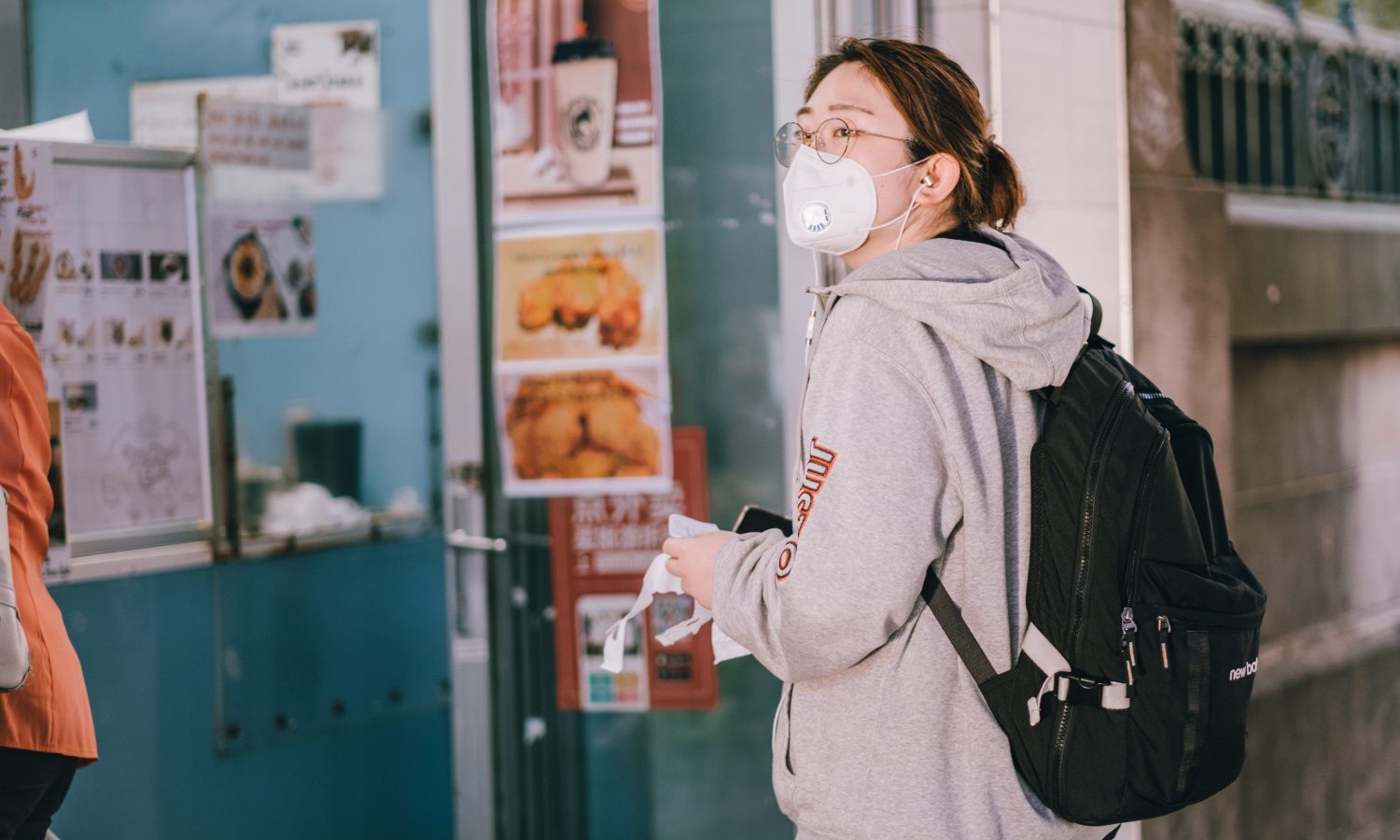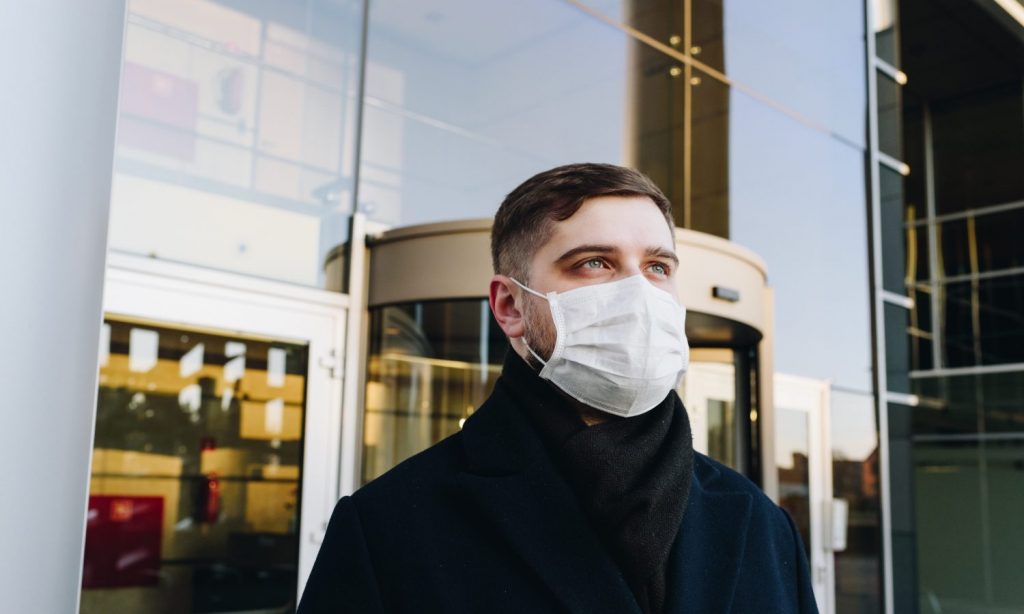
There’s been some back and forth on the strength and duration of coronavirus antibodies, with some claiming that they last indefinitely. This misinformation has lent itself to plenty of confusion; those who’ve contracted COVID-19 don’t know whether to increase their public outings or being fearful of the possibility and consequences of a second round of the potentially deadly virus.
But a new study has concluded that, for the majority of people, coronavirus antibodies are present for a period of up to six months.
The study was conducted by U.K. Biobank, one of the U.K.’s largest databases. Researchers looked into how long infected people had antibodies present in their bodies during May 2020 to December 2020. This information was obtained through blood samples and data gathered from over 20,000 participants, including their children and grandchildren.

Aside from providing us with a larger understanding of how COVID-19 antibodies work, the study also showed that, as the months progressed, the population with antibodies rose steadily. In May, the average was 6.6%, while in December, the average was 8.8%.
RELATED: This Is The Most Obvious Symptom Of The New COVID-19 Variant
The study found that 99% of infected people retained antibodies for a period of three months, with 88% of them retaining the antibodies for a period of six months. These results are encouraging, providing us with more clarity on the virus while also suggesting that the majority of people affected by COVID-19 have some sort immunization and protection for half a year.
RELATED: Should You Clean Your Winter Coat More Often In A Pandemic? Here’s What Experts Say
“This important study has revealed that the vast majority of people retain detectable antibodies for at least six months after infection with the coronavirus. Although we cannot be certain how this relates to immunity, the results suggest that people may be protected against subsequent infection for at least six months following natural infection. More prolonged follow-up will allow us to determine how long such protection is likely to last,” UK Bionbanks’ chief scientist Naomi Allen told Huffington Post UK.
A further breakdown of the results found that antibodies were developed more often by young people, and that the most common symptom associated with the development of antibodies was the loss of taste and smell, which was reported by 43% of positive tests.






